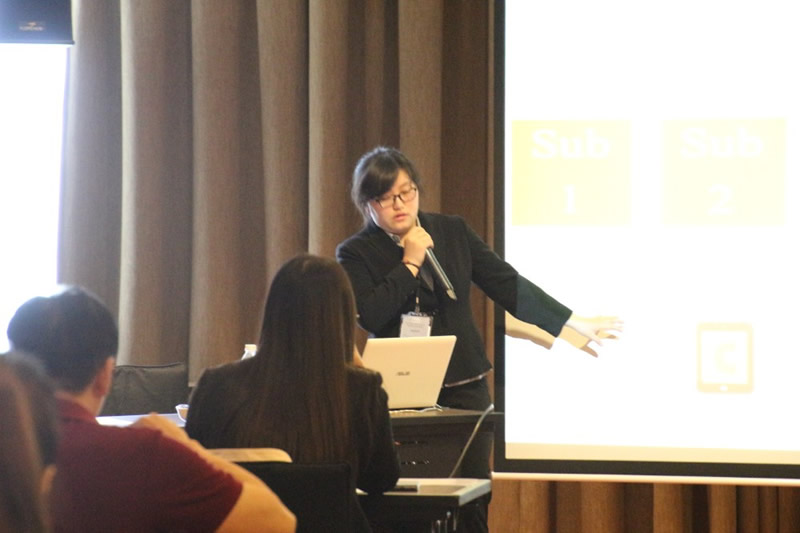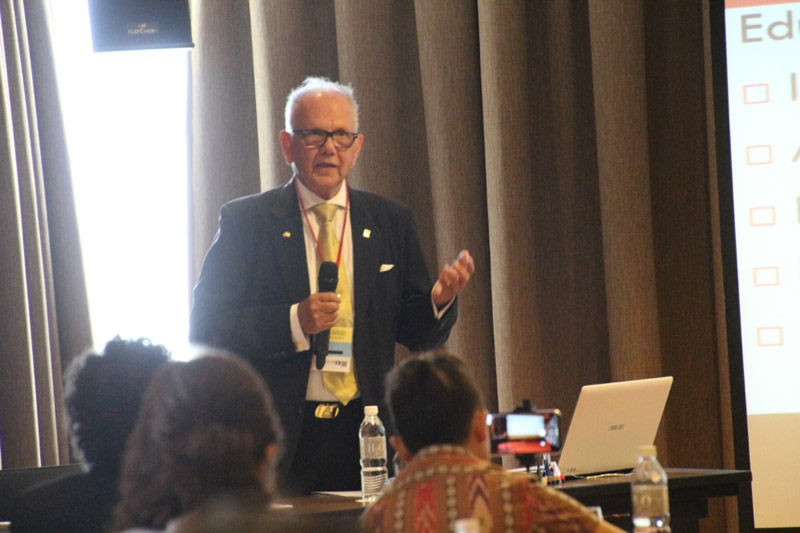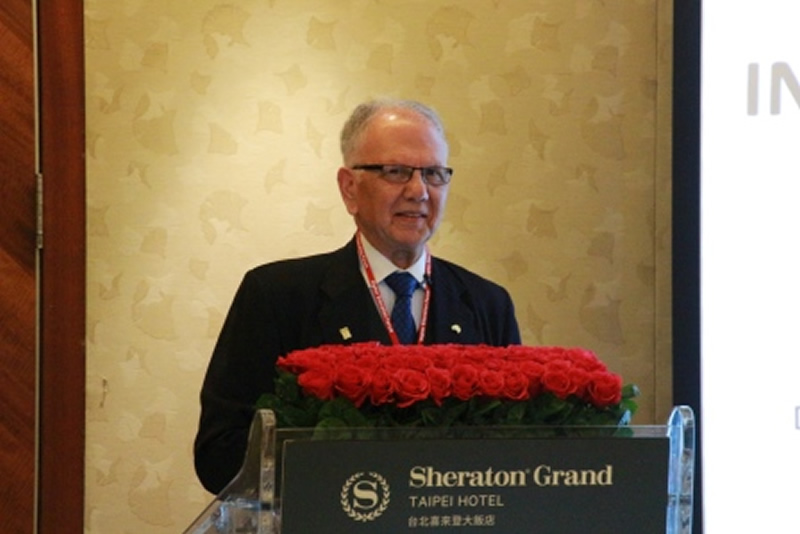ICNSE 2018 in Kuala Lumpur, Malaysia
Welcome Message from Local Host
Professor Dr. Vivian Louis Forbes
Adjunct Research Professor, NISCSS
GREETINGS, LADIES AND GENTLEMEN FELLOW SCHOLARS
It is with the greatest of pleasure that I offer these welcoming comments to our delegates who have given their valued time to discuss in this bustling city of Kuala Lumpur. It is heartening to see scholars from many different research disciplines and from numerous countries gather together in this forum which is designed for researchers to discuss their findings and conclusions. We share our knowledge and can learn a lot from other areas of study.
Learning and teaching have been enhanced with the ever-changing technological advances. Digital case studies assist better demonstrate learner knowledge.By April 2018, we witness how student laptops and mobile phones are transforming college computer laboratories. We also read of university libraries are being transformed from a facility where thousands of books to centres for pen source learning. I have personal experience relating to this trend which perhaps commenced in about 2005.
Permit me to mention just a few of the changes that institutions of higher education have undertaken or are in the process of taking in order to cope with the digital world. I draw my comments, in particular, from a publication titled ‘Teaching with Technology’, produced by D2L (desire to Learn), 2017 and indeed from other related material.
MOOCs
The viability of MOOCS in graduate degree programmes. What is MOOC?It stands for Massive Open Online Course and is free Web-based distance learning. The concept was coined in 2008 by Dave Cormier of the University of Prince Edward Island for a course offered by the University of Manitoba. It is a course of study made available over the Internet without charge to a very large number of people that may be geographically dispersed. It may be designed along a college or university course or may be less structured.
Thus, MOOCs can be accessed by anyone, anywhere as long as they have an internet connection. It is open to everyone without entry qualifications and offers a full/complete course experience online at no charge.
MOOCs do not always offer academic credits. Open access exposes top-level professors at schools that would otherwise be unavailable to much of the world’s population. A more diverse student base is developed as open courses are available to all who are interested, regardless of location. Collecting data via computer programmes helps closely monitor the success and failure of each student. Traditional classroom participation apparently cannot offer this type of precise information. Many professors acknowledge that MOOCs help them re-evaluate their pedagogical methods, while improving knowledge sharing.
However, one drawback of MOOC, at this stage, is the low course completion rate. Some studies have shown that courses are completed by as few as 10 percent of the huge volume of students that join the MOOC. Teaching with technology may or may not mean online education, however, it is challenging for the educator and rewarding to those delivering their programme and to the receivers. It may or may not be part of a traditional degree programme.
Some enthusiastic professors have found global sharing of knowledge more appealing. That is not to say that there are many who have treasured the traditional mode of teaching which has been well tested over the many centuries.
Finally, I wish to express my sincere thanks to the Team of ICNSE staff for organizing this conference and for the arrangements to ensure that we will have treasured memories of this event. The Team excels themselves and I admire their whole-hearted support and the attention to every detail in arranging a host of conferences throughout each year and in a variety of cities in our region. Congratulations to the Team.
Conference Venue
DoubleTree by Hilton Kuala Lumpur
Address: The Intermark, 348 Jalan Tun Razak, 50400 Kuala Lumpur, Malaysia
Tel: +60-3-21727272




